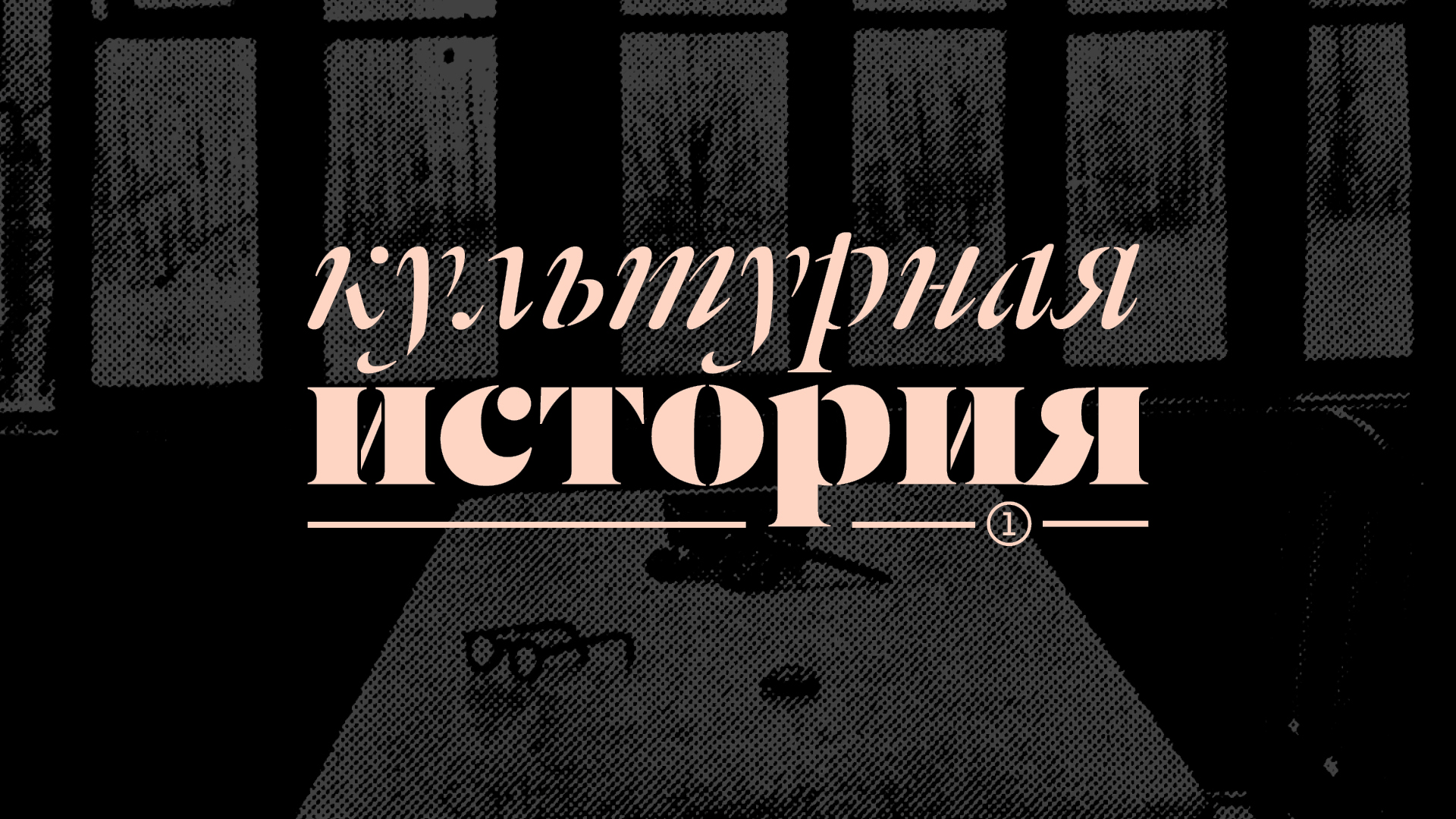Abstract
The article presents a critical review of the collection of articles “Words and Conflicts” edited by B. I. Kolonitsky at the European University Press at St. Petersburg in 2022. The collection is devoted to the use of words as tools for both escalating conflict and achieving consensus over the years of the revolution and civil war in Russia. The goal of the team of authors was to present the history of the cultural preparation of the civil war, thereby giving new push to the discussion on the date of beginning, periodization and instigators of the large-scale conflict. The authors achieve their goal by examining the use, dissemination and perception of such words as “republic” and “anarchy”, “civil war” and “citizen”, “civil peace” and “turmoil” (‘smuta’), “Bolsheviks” and “Leninists” in 1917–1922. The methodological creed of the team of authors is to appeal to the ideas of the Cambridge School of Intellectual History and Begriffsgeschichte. The conceptual history served as a source of inspiration, which did not prevent the authors from using other research approaches and writing styles. A number of authors resort to the concept of “emotives” by W. Reddy, the C. Schmitt’s friend-enemy dichotomy and the new imperial history. The escalation and legitimization of violence is another important historiographical context. A number of articles focuses on the formation of the “civil war language”: the instrumentalization of fear of violence and civil war, the construction of enemy images, the legitimization of violence using the words and sacralization of leaders. In this regard, despite its particular shortcomings, the approach proposed by the authors of the collection to study the origins and escalation of the civil war in Russia looks encouraging.
